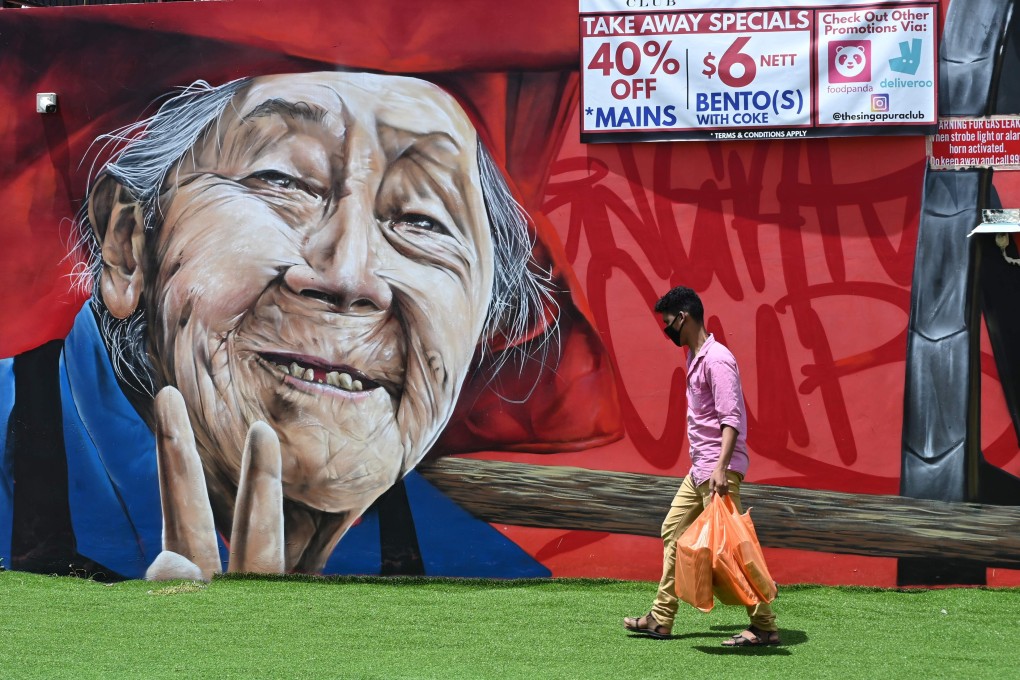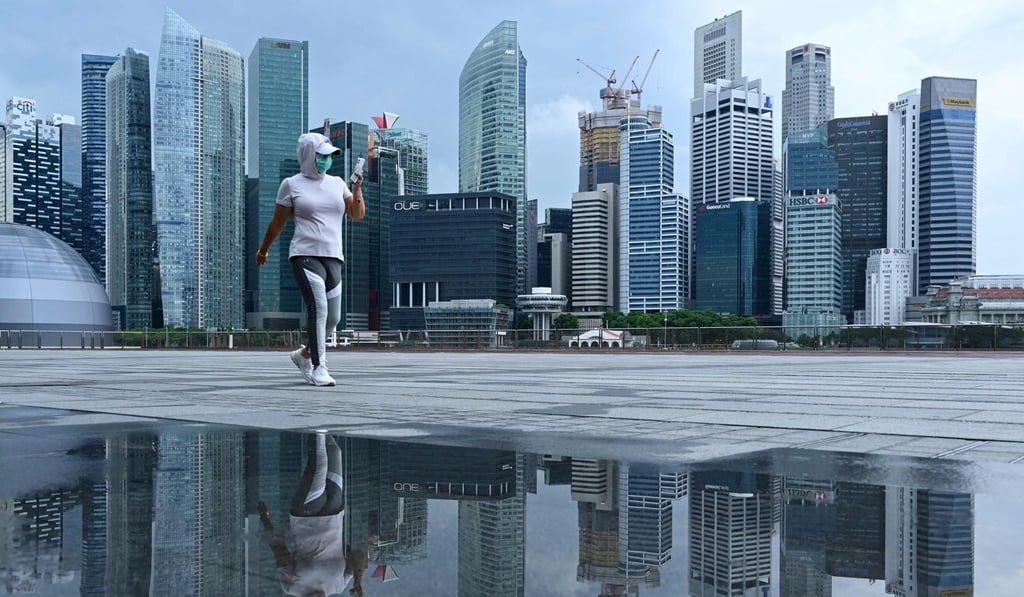Coronavirus: Singapore moves 2,600 nursing-home employees into hotels to protect elderly
- Health minister Gan Kim Yong says it is critical to protect older Singaporeans as they tend to be more severely affected by Covid-19
- Nineteen of the country’s 20 deaths from the disease were patients above the age of 60

Nineteen of the country’s 20 deaths from the disease were patients above the age of 60, and four were nursing-home residents.
All 9,000 of the country’s nursing-home staff have been tested, with one positive result. The 30 residents who were in contact with that employee have tested negative for the coronavirus, while authorities on April 29 began testing all 16,000 nursing-home residents in Singapore.
Nearly one in six seniors who were infected by the coronavirus developed severe symptoms and needed intensive care, compared with just 0.2 per cent of non-elderly patients.
About 1,100 staff at 34 welfare homes and centres for adults with disabilities are also moving on site or into hotels. All 3,300 residents and 1,300 staff at these government-funded homes were tested for the virus as of May 2.

Minister for social and family development Desmond Lee thanked the staff for this “big sacrifice, staying away from family, and for putting the well-being and welfare of your residents above them”.
Singapore is not the first country to use this approach. In the United States, 70 employees at the Park Springs assisted-living facility in Atlanta have been living on site since the end of March, while Vilanova nursing home on the outskirts of Lyon in France did the same for 47 days.